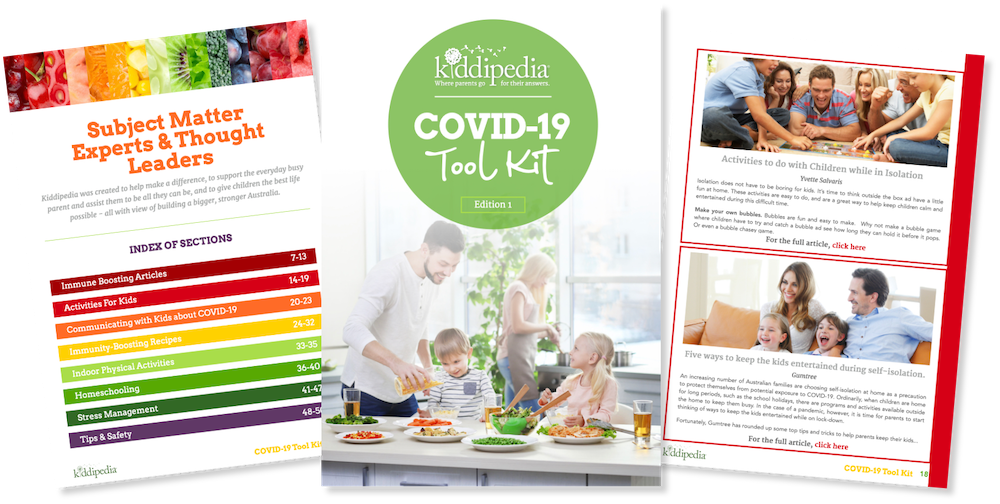Your baby is 6 months old, and you are excited to introduce solids. Within days however you become concerned, you child is not showing much interest. Your friends’ babies appear excited about feeding. You gather yourself, give it more time, but now your baby is refusing to be spoon-fed. You move to a baby led-weaning type of approach, yet feeding baby is so hit-and-miss. You become anxious about making sure that your baby will eat at least something…
If you are really struggling now, it is worth asking for help.
The impact on you and your child
Feeding problems happen and it is best that you are heard. Some of the reasons why a baby is not interested in eating are here.
Are you at the risk of developing anxiety and stress in feeding for years to come?
Do you have much support? Can someone be present to support you when you feed? Is the help or advice you are receiving adequate? Or does it make you feel uneasy, or as one young mum I worked with said ‘feel sick in the stomach’?
Is witnessing your child’s struggle somewhat traumatising you and them, for example you see your child gag or even vomit frequently. It is worth sitting down with your partner or whoever supports you to discuss the impact you are feeling? The earlier you get support the better.
Get support
There are professionals who can help. Your GP or paediatrician are the first port of call, especially if they understand feeding difficulties. The last thing parents need is their concerns dismissed on the spot. Every day that you and your child struggle add to difficulties. Sometimes feeding incidents can traumatise both parties. Recently a young mum contacted me and told me that she had witnessed her 1 year old choke during a meal. The episode was so severe her child was silent and turned blue. Mum had to apply first aid and call an ambulance to save her child’s life.
As a result she was traumatised. Feeding has become a challenging, nerve raking activity for her. It takes support to recover from something like this and she may be reassured if a Speech Language Pathologist does an oral motor assessment of her child. Mum may get past the event and process what happened if she speaks to a psychologist. Learn more here about the type of support you may need.
Co-regulate with your child
We always hear that children can sense our anxiety or stress. Co-regulation is all about supporting your child to regulate. You cannot do it however if you are not regulated yourself. In other words, if you are distraught or stressed it is hard to support your child to calm down. I love this video that shows the power of co-regulation.
Become a responsive feeder
The division of responsibility is probably the easiest way to explain responsive feeding. It requires parents to tune-in and not push feeding. All they have to do is respond to a child’s cues. This of course is super difficult if your child has been showing little interest in feeding, if they are not ingesting much food and rely more on milk for example. However the minute parents stop feeding responsively is the minute feeding problems take hold in the family. I give specific examples of adaptations parents make and how to correct the course of action here.
If you are struggling with feeding, it is best to get support now. It will help reduce your concern, anxiety and will help you to co-regulate baby into real progress. If you find that you are struggling still why not download my free ebook, Ready to turn the tide on stressful family dinners? It covers my top starter tips to raising a happy, healthy eater.
To view on YouTube









